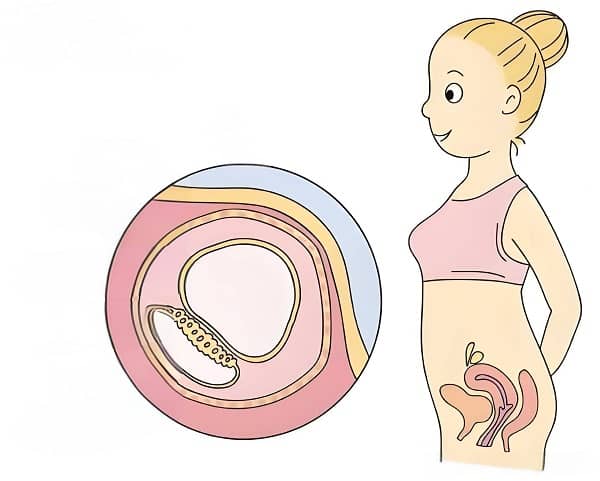Table of Contents
- Overview of the First Month of Pregnancy
- Confirming Pregnancy
- Nutrition and Diet
- Early Pregnancy Symptoms
- Regular Prenatal Check-ups
- Adjusting Lifestyle Habits
- Paying Attention to Body Signals
- Conclusion
1. Overview of the First Month of Pregnancy
The first month of pregnancy (0-4 weeks, starting from the first day of your last menstrual period) is the beginning stage of the entire pregnancy. This period is filled with surprises and changes. For every expectant mother, this period is both magical and crucial. During this stage, the fertilized egg implants itself into the uterine lining, starting the growth of new life. Understanding the physical changes and precautions during the first month of pregnancy can help expectant mothers better care for themselves and their babies, welcoming the new life to come.

2. Confirming Pregnancy
In the first month of pregnancy, you can confirm pregnancy through a urine pregnancy test or a blood HCG test. A urine pregnancy test is usually done a week after a missed period and detects the hormone human chorionic gonadotropin (HCG) in the urine to determine pregnancy. A blood HCG test can detect pregnancy earlier and more accurately, making it suitable for expectant mothers who wish to confirm pregnancy sooner.
3. Nutrition and Diet
The diet in early pregnancy is crucial for the baby’s healthy development. Expectant mothers need to intake sufficient folic acid to promote the development of the baby’s neural tube. This can be achieved by consuming more green vegetables, legumes, and citrus fruits. Additionally, it is important to ensure the intake of iron, calcium, and protein, which are essential nutrients for the baby’s healthy growth.
4. Early Pregnancy Symptoms
During the first month of pregnancy, many expectant mothers experience early pregnancy symptoms such as nausea, vomiting, fatigue, and breast tenderness. Although these symptoms can be uncomfortable, they are normal reactions of the body adapting to pregnancy. To alleviate early pregnancy symptoms, you can eat small, frequent meals, avoid greasy and spicy foods, and ensure adequate rest and a regular sleep schedule.
5. Regular Prenatal Check-ups
Regular prenatal check-ups in early pregnancy are crucial. During the first prenatal check-up, the doctor will conduct a detailed physical examination, including measuring blood pressure, weight, and conducting blood and urine tests. These examinations help the doctor understand the expectant mother’s health status and detect potential problems early. Additionally, an ultrasound can confirm the embryo’s position and development, ruling out risks such as ectopic pregnancy.
6. Adjusting Lifestyle Habits
In early pregnancy, expectant mothers need to adjust their lifestyle habits and maintain a healthy lifestyle. Avoid smoking, alcohol, and caffeine to prevent harm to the baby. Moderate exercise, such as walking and prenatal yoga, helps strengthen the body and alleviate pregnancy discomfort. Maintaining a happy mood and avoiding excessive stress and anxiety are also beneficial for the health of both the expectant mother and the baby.
7. Paying Attention to Body Signals
During early pregnancy, expectant mothers need to pay close attention to their body’s changes. If any abnormal situations occur, such as severe abdominal pain or vaginal bleeding, seek medical attention immediately to ensure the safety of both the mother and the baby. Maintaining good communication with the doctor and promptly reporting body conditions can help the doctor provide better advice and assistance.
8. Conclusion
The first month of pregnancy is a period full of hope and challenges. Understanding the knowledge and precautions of this stage can help expectant mothers better adapt to the changes during pregnancy and ensure the health of themselves and their babies. We hope every expectant mother can smoothly go through this beautiful pregnancy period and welcome the arrival of new life.